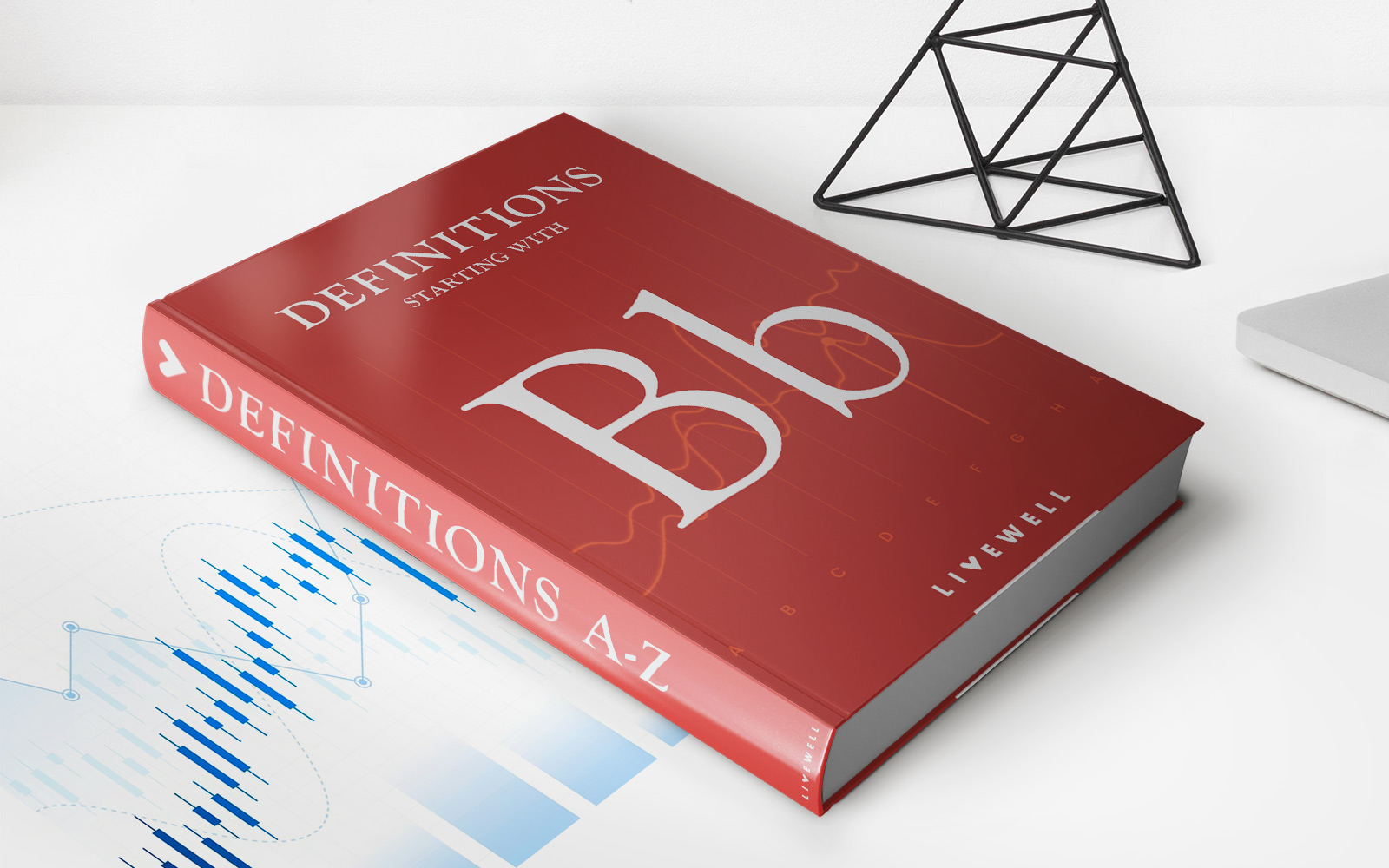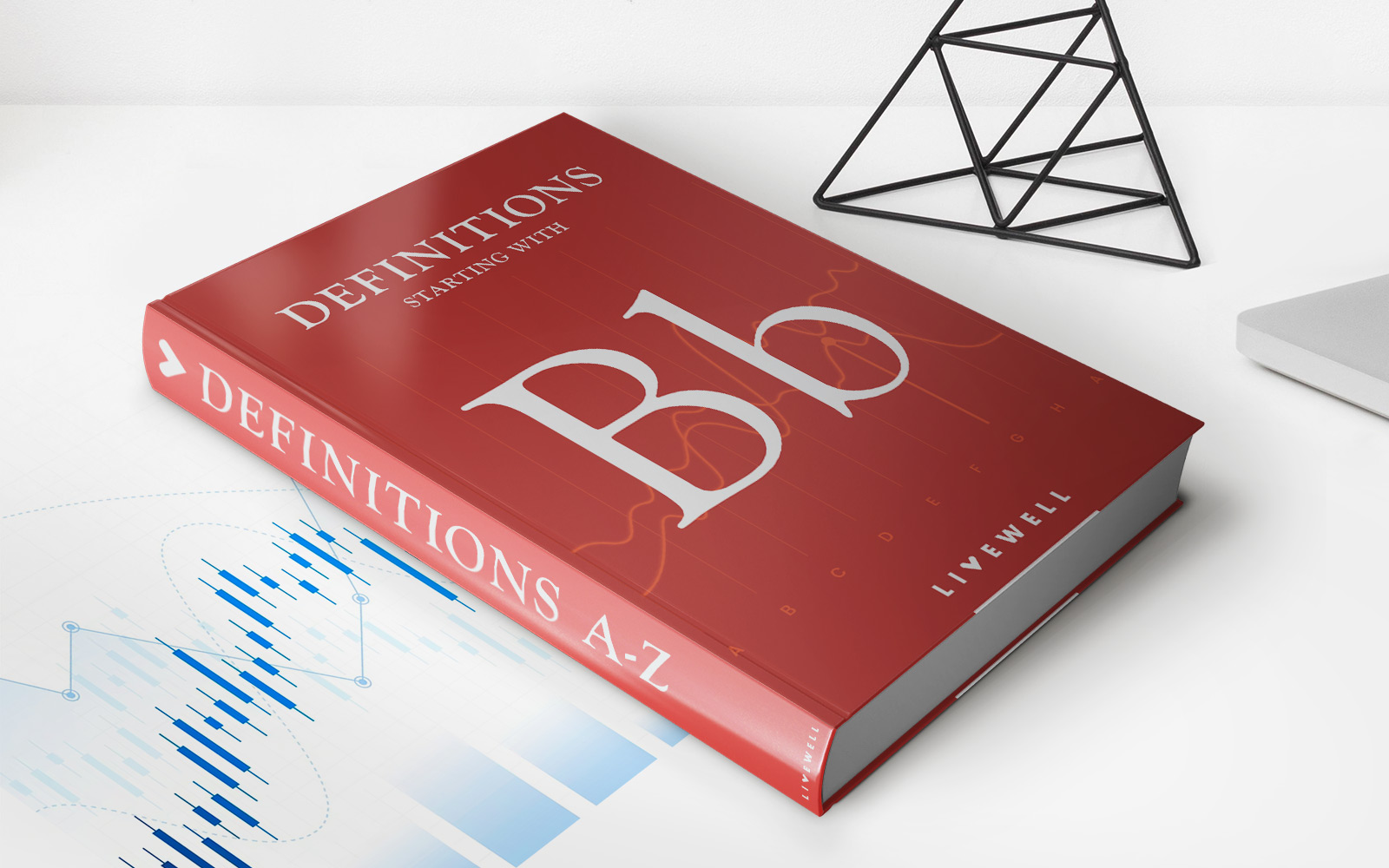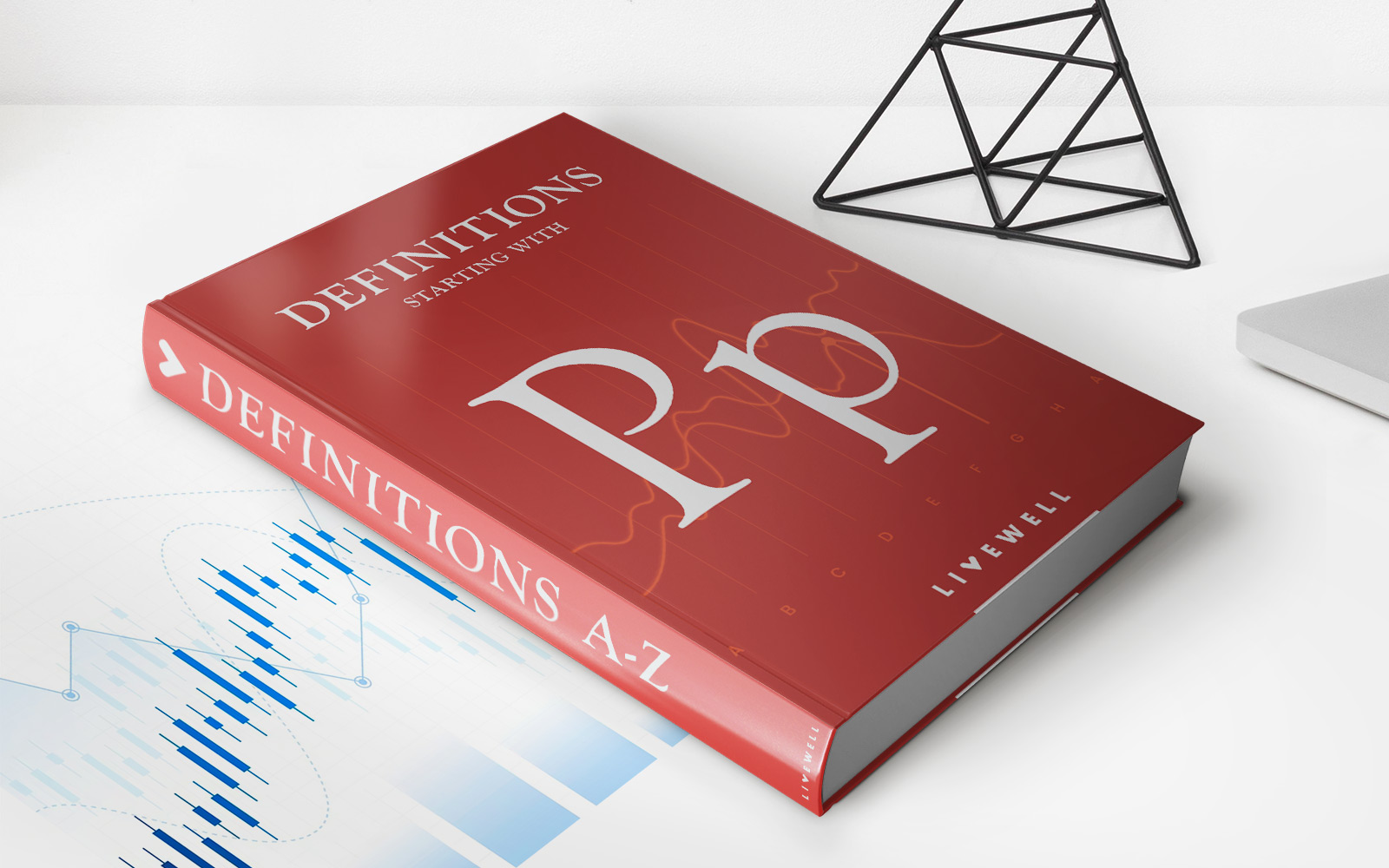

Finance
Maple Bond Definition
Published: December 22, 2023
Discover the meaning of Maple Bond in the world of finance. Learn how this unique investment instrument works and its benefits for investors.
(Many of the links in this article redirect to a specific reviewed product. Your purchase of these products through affiliate links helps to generate commission for LiveWell, at no extra cost. Learn more)
What is a Maple Bond? A Complete Guide for Investors
Welcome to our Finance category, where we delve deep into different topics related to the financial world. In today’s post, we are going to discuss an increasingly popular investment option – Maple Bonds. Whether you are an experienced investor or just starting your financial journey, this comprehensive guide will help demystify Maple Bonds and provide you with the essential information you need to make informed investment decisions.
Key Takeaways:
- Maple Bonds are fixed-income securities denominated in Canadian dollars and issued in Canada by foreign entities.
- These bonds allow foreign companies and governments to tap into the Canadian bond market and diversify their investor base.
Understanding Maple Bonds
First things first, let’s define what a Maple Bond is. A Maple Bond is a fixed-income security denominated in Canadian dollars and issued in Canada by foreign entities, such as corporations and governments. The term “Maple” symbolizes the Canada-specific nature of these bonds, just like maple syrup represents the unique Canadian identity.
Maple Bonds serve as a means for foreign issuers to access the Canadian bond market and raise funds in Canadian dollars. By issuing bonds in Canadian currency, foreign entities can diversify their investor base and take advantage of the favorable lending environment in Canada.
Advantages of Maple Bonds
Investing in Maple Bonds offers several benefits to both issuers and investors:
- Access to Canadian Capital Markets: By issuing Maple Bonds, foreign entities can tap into the deep and liquid Canadian bond market, which provides access to a larger pool of potential investors.
- Diversification: Maple Bonds provide Canadian investors with an opportunity to diversify their portfolios by investing in foreign entities and benefiting from potential currency appreciation.
- Attractive Interest Rates: Maple Bonds often offer competitive interest rates compared to similar fixed-income securities, making them an appealing investment option.
- Stable Canadian Economy: Canada is known for its stable and transparent economy, making Maple Bonds a relatively safe investment choice.
Factors to Consider When Investing in Maple Bonds
Before investing in Maple Bonds, it’s crucial to consider certain factors:
- Risk Assessment: Evaluate the creditworthiness and financial stability of the issuer, as it affects the risk associated with the investment.
- Yield and Duration: Analyze the yield and duration of the bonds to understand the potential returns and how long your investment will be tied up.
- Market Conditions: Stay updated with economic indicators, interest rate movements, and any other factors that may impact bond prices.
- Tax Implications: Understand the tax implications of investing in Maple Bonds, as it may vary depending on your jurisdiction and the issuer’s home country.
Conclusion
Maple Bonds are an intriguing investment option, providing both issuers and investors with unique advantages. Anyone considering investing in these fixed-income securities should carefully assess the associated risks, potential returns, and market conditions. With proper due diligence, Maple Bonds can be a valuable addition to a diversified investment portfolio.
We hope this guide has shed light on the concept of Maple Bonds, empowering you to make informed investment decisions. Stay tuned for more informative posts in our Finance category!














